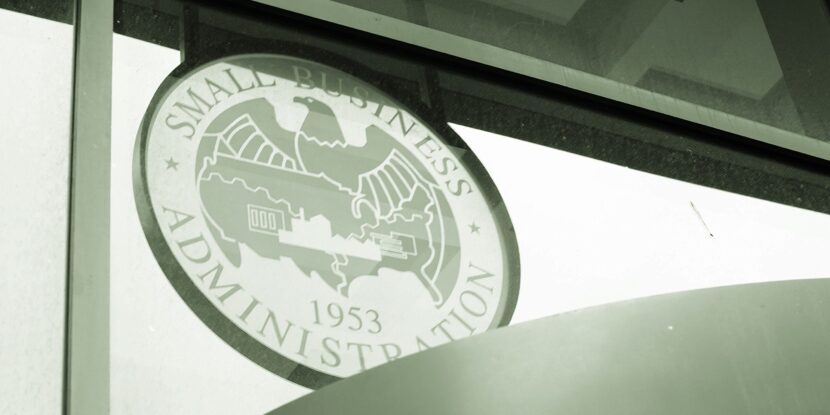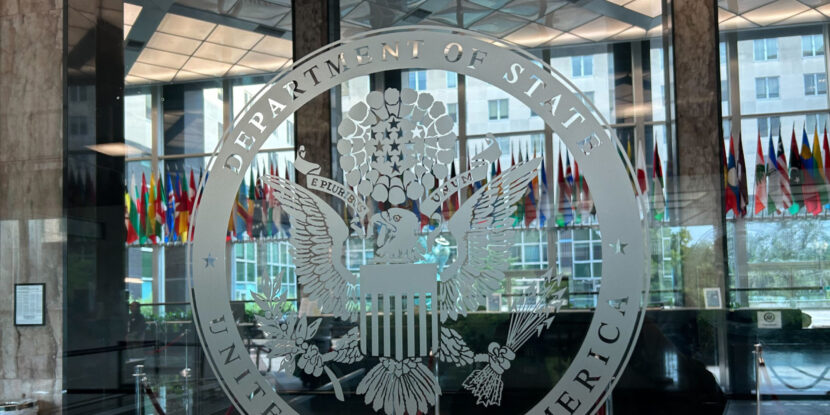US businesses’ increasing reliance on cheap, immigrant labor is hurting American productivity. A report from The Wall Street Journal suggests that overreliance on cheap labor dissuades industries from becoming more efficient and innovative — ultimately preventing the economy from expanding at a significant pace.
“Once industry is organized in a certain way and the structure encourages employers to recruit migrants, it can be very hard to turn back,” Prof. Martin Ruhs, who teaches migration studies in Florence, Italy, told The Wall Street Journal. Addressing Western mass immigration policies, he added: “In some cases, policymakers should ask, does it make sense?”
Productivity and innovation have been core drivers of Western economies for several centuries. However, that may change if Western economies continue relying on cheap immigrant labor. In 2022, a Danish academic study found that companies were less inclined to invest in robotic technology and automation if they had easy access to immigrant workers.
Among the Western nations of Canada, the UK, Germany, and the US, the current rate of immigration is as much as three times higher than it was before the COVID-19 pandemic. The Wall Street Journal notes this is likely to exacerbate sluggish growth in labor productivity, which has lagged among the Western nations for several decades.
Over a quarter of the UK’s nurses working for the National Health Service are immigrants. In Germany, 80 percent of the country’s butchers are foreign laborers.
In the US, several critical industries have become almost entirely reliant on immigrant labor. Immigrant labor comprises about 75 percent of agricultural workers and around 30 percent of construction and mining labor. Government data indicates that the American agricultural sector has seen almost zero productivity growth in over a decade.




















